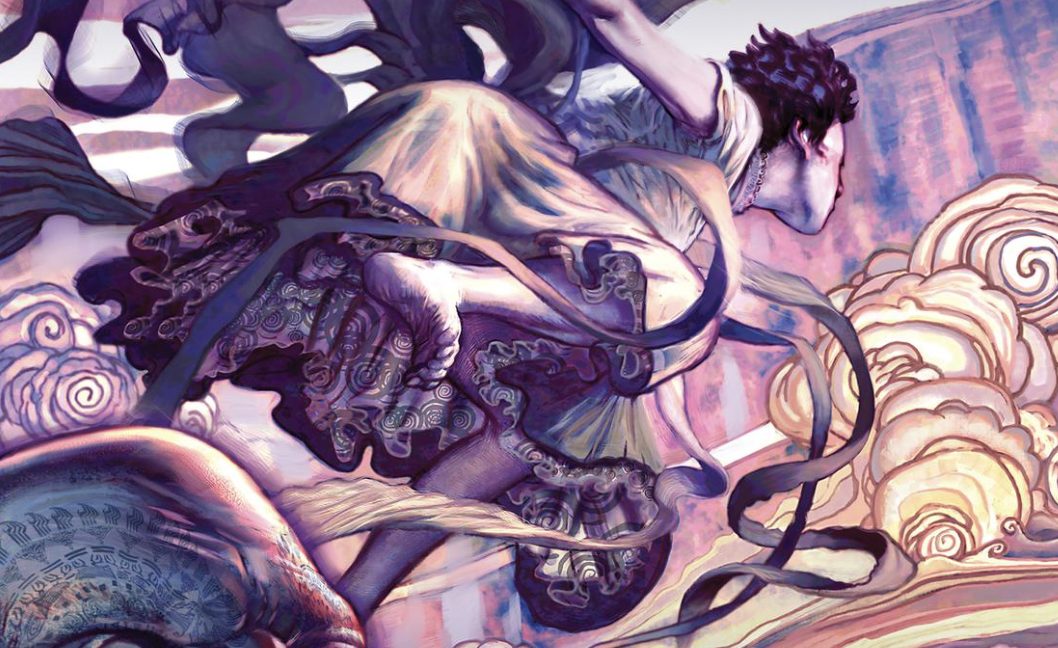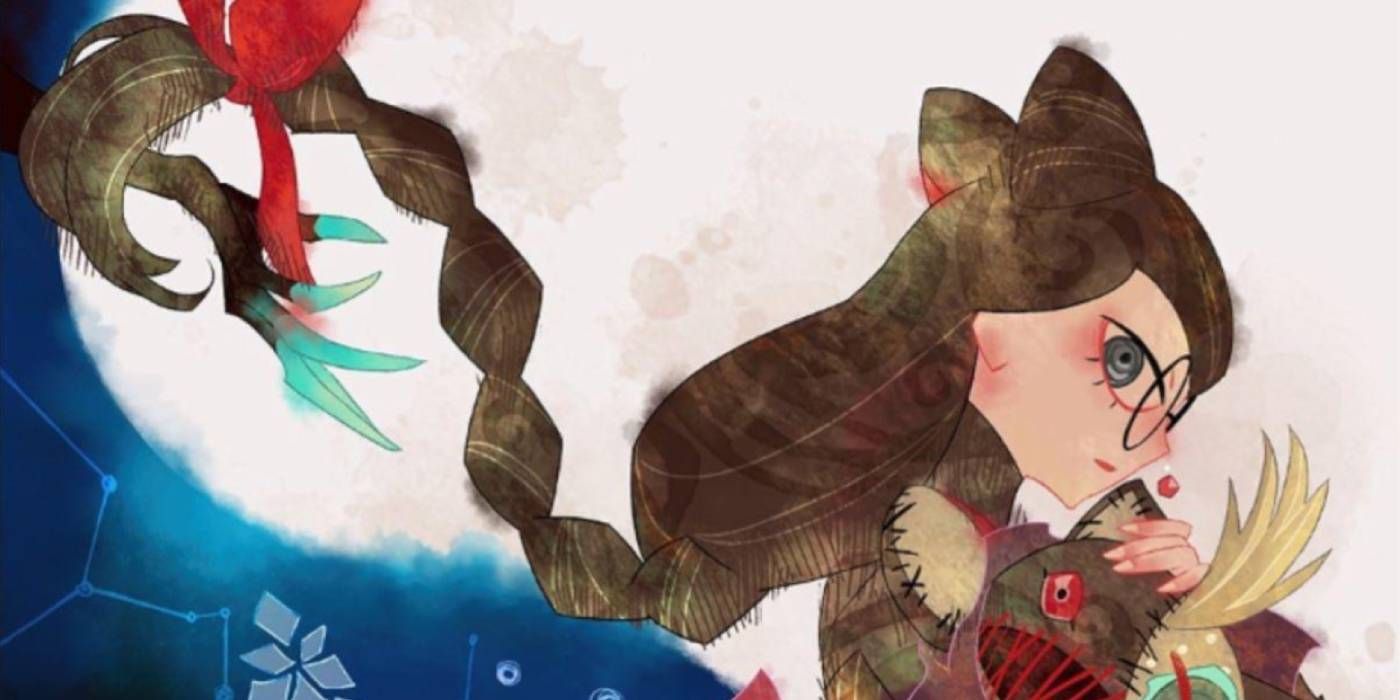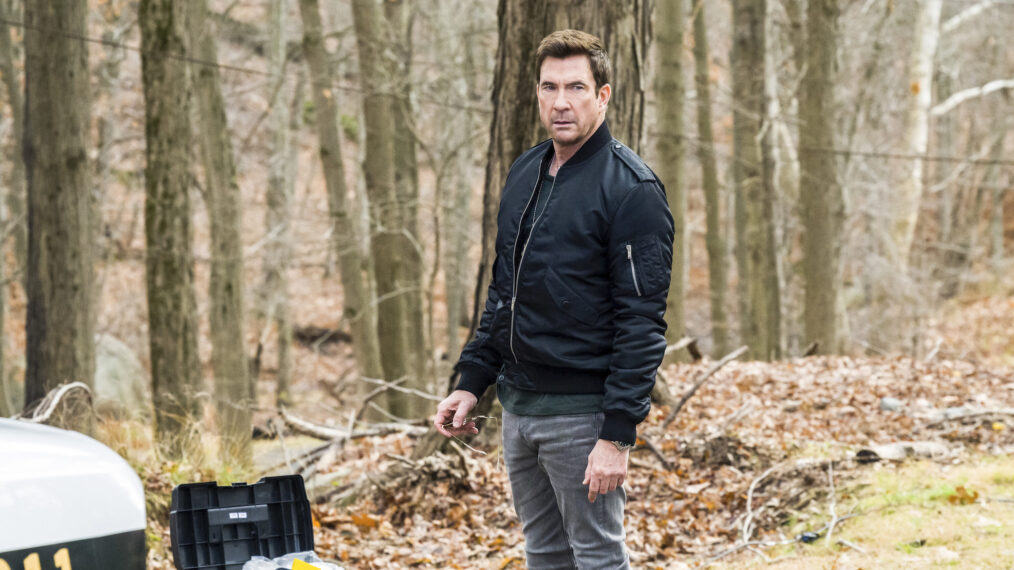Perhaps the fact that Mormon fantasy author Brandon Sanderson made $55 million last year started things off on the wrong foot. For Wired senior editor Jason Kehe, that was the peg on which to hang a profile of the author, “Brandon Sanderson Is Your God.”
“How’d he do it? Why now? Is Brandon Sanderson even a good writer?” he asked, embarking on a quest to Utah to find out.
The result is an author profile that is either incredibly mean or lightly elitist, depending on your interpretation of Kehe’s text, and your personal stance on the quality (Stanley Fish? Are you out there?) of Wheel of Time (Sanderson authored three books, and the series was adapted by Netflix), and his dozens of other works from the “Cosmere” and “Cytoverse” (worlds in which he is much richer than a magazine writer).
Does Kehe insult Sanderson’s writing, or Sanderson, or Sanderson’s Mormonism? Yes. All of those things. Some grabs from which you can make your own assessment:
“Sanderson is extremely Mormon. What makes less sense is why there’s a hole the size of Utah where the man’s literary reputation should be.”
“none of his self-analysis is, for my purposes, exciting. In fact, at that first dinner, over flopsy Utah Chinese—this being days before I’d meet his extended family, and attend his fan convention, and take his son to a theme park, and cry in his basement—I find Sanderson depressingly, story-killingly lame.”
“My god. Here’s a sample sentence: ‘It was going to be very bad this time.’ Another one: ‘She felt a feeling of dread.’”
This goes on and on. Kehe’s chief criticism of Sanderson is that the author is simply too prolific to be good (he notes a diagnosis of graphomania; a manic compulsion to put words down).
Sanderson responded via Reddit, home turf for Wheel of Time fans, in a well-written and occasionally VERY SHARP yet kind response (this feels like the most “extremely Mormon” thing I can identify, if you wish to allow such rhetoric, and the best rebuttal, thank you Emily Temple, of Kehe’s critiques of Sanderson’s keyboard skills). Sanderson’s best “take” on the profile:
[Kehe] seems to be a sincere man who tried very hard to find a story, discovered that there wasn’t one that interested him, then floundered in trying to figure out what he could say to make deadline.
I would argue this was deadlier than anything in Kehe’s profile. So what was Kehe trying to do? Part of me wants to read the piece as a meta-commentary on the kind of immersive latter-day gonzo journalism that places the cynical journalist in the center of the story and the subject as the sidekick (“The Full Tatum”; “Can You Say … Hero?” (I liked both of these, but you know)), or perhaps it’s a meta example of the lamestream media ignoring, then “discovering” a story years later, or an intellectual look at the geography of power in late-capitalist America (San Francisco may have corporate campuses, but Utah has Goblin Valley!).
Or maybe we can take Kehe at face value and assume he pitched a story, went on assignment, then found very little to string together while standing at his desk in San Francisco in his Patagonia vest. (Still, the Dragonsteel conference sounds like something!)
Neg reviews and profiles are vanishingly rare these days, because, as people have noted, those trying to sell books and solicit blurbs are the same people writing reviews for the most part, so you can understand the thrill of publishing something willing to go against the grain (and to court those lucrative hate clicks).
Finally, I am sorry that Salt Lake City’s dim sum received such a beating, surely not deserved.
























































